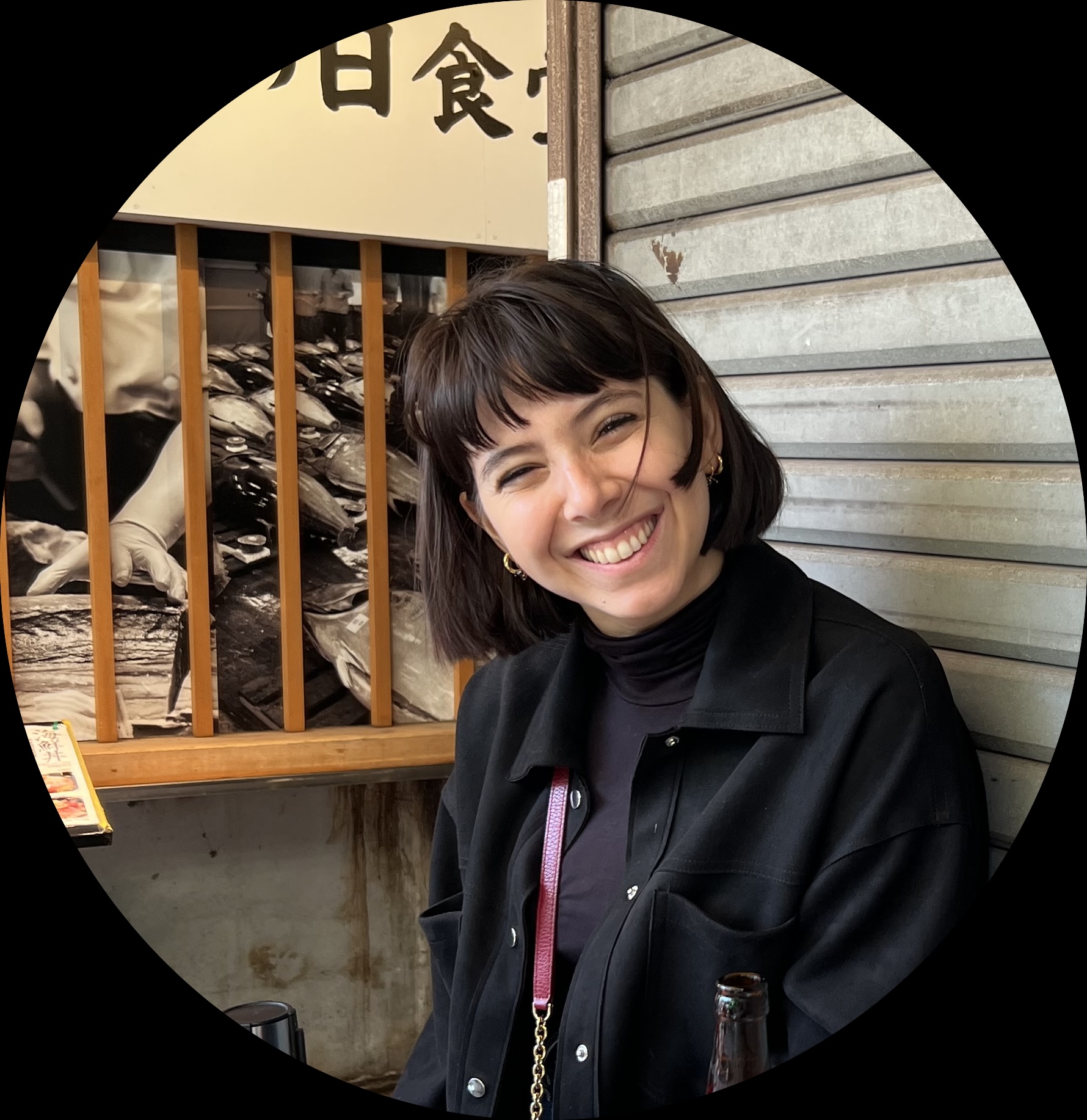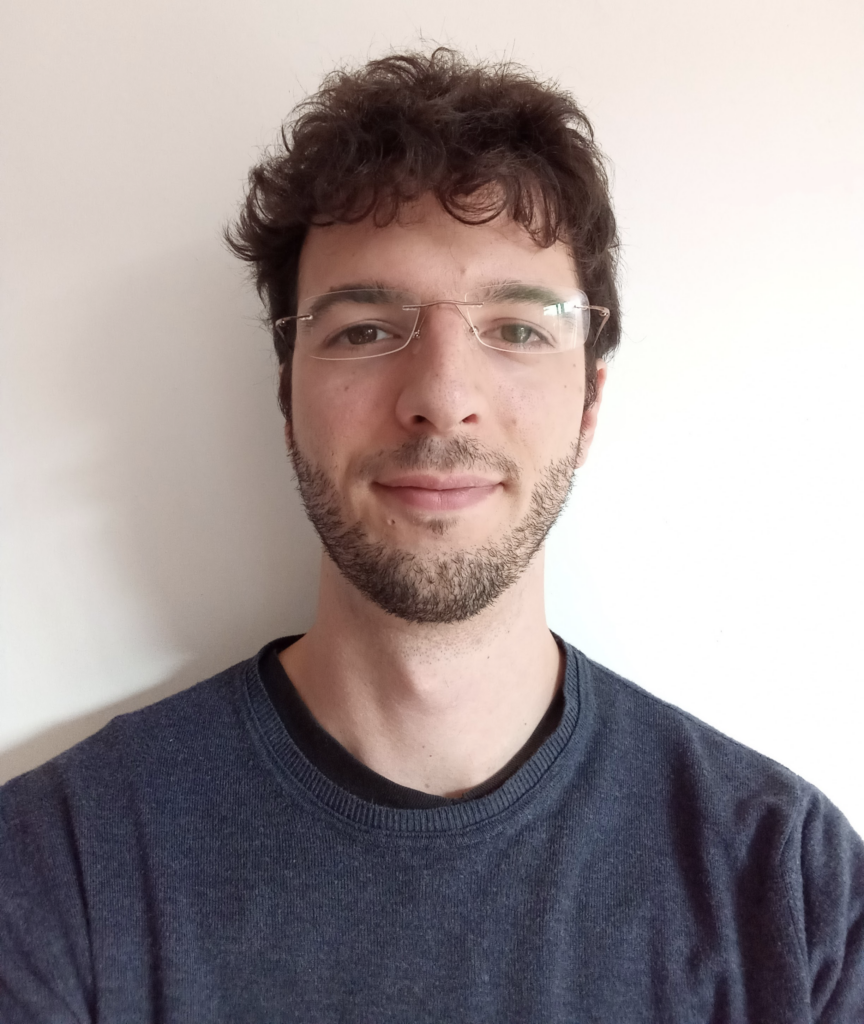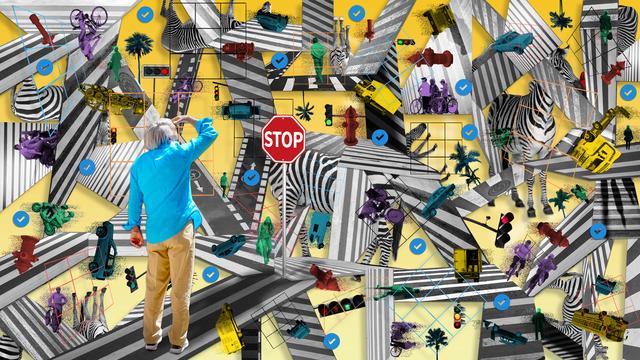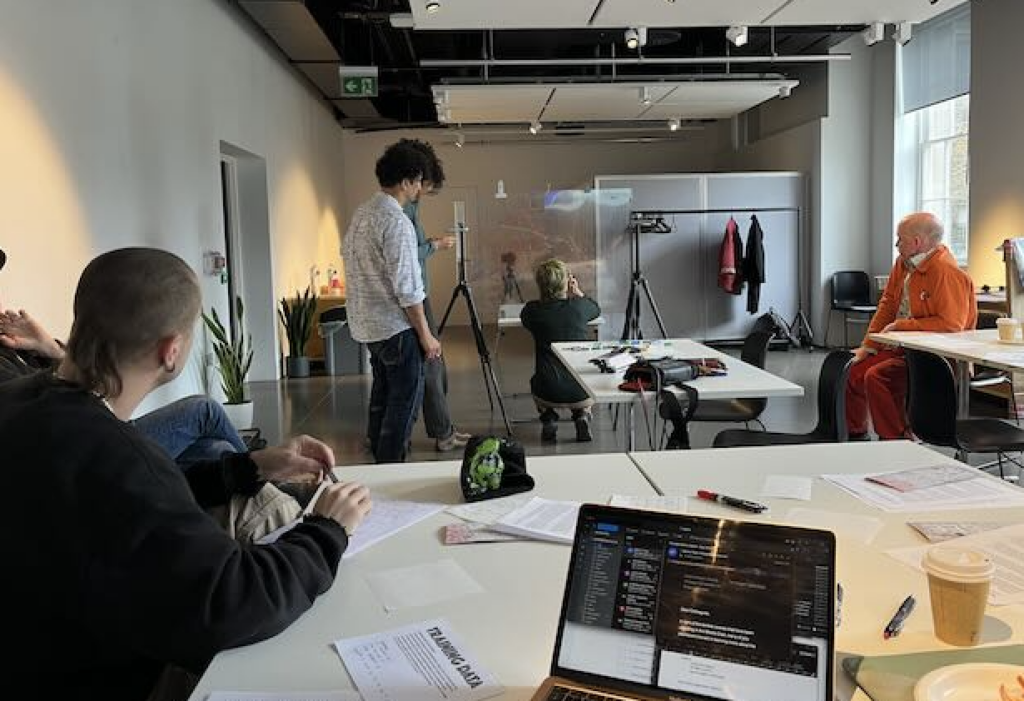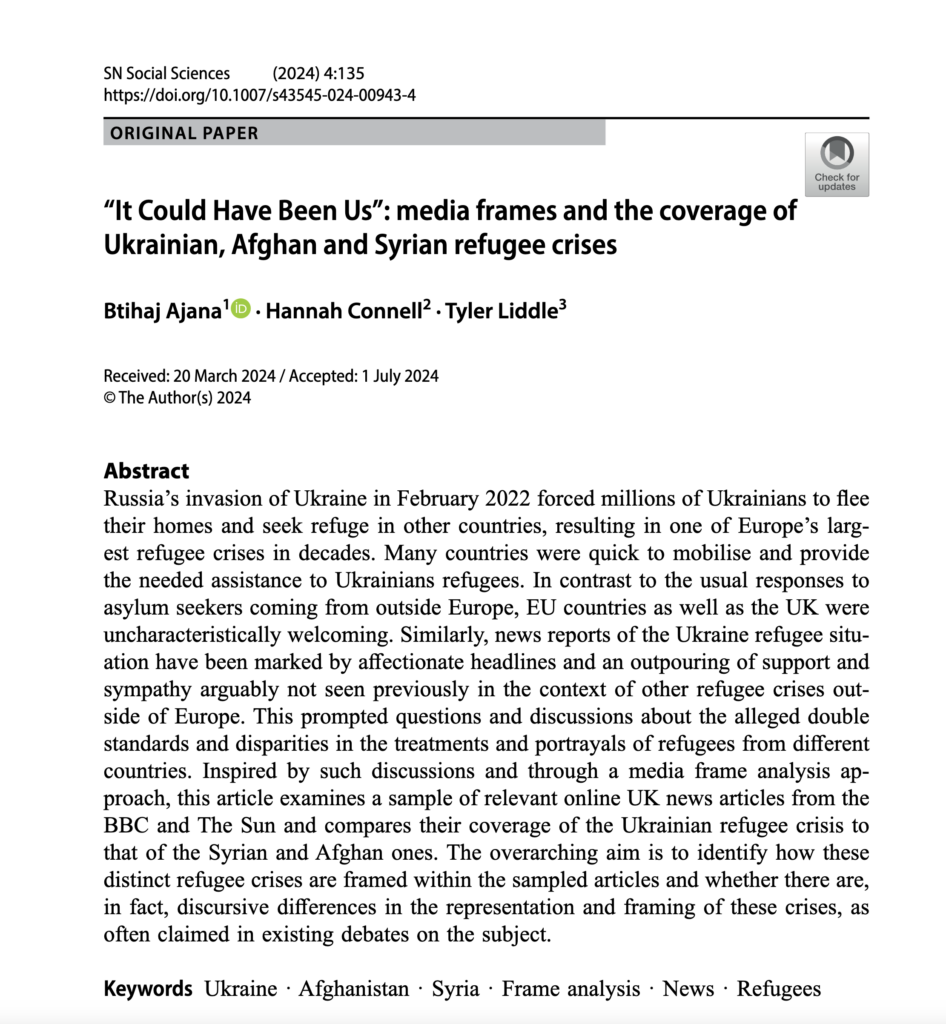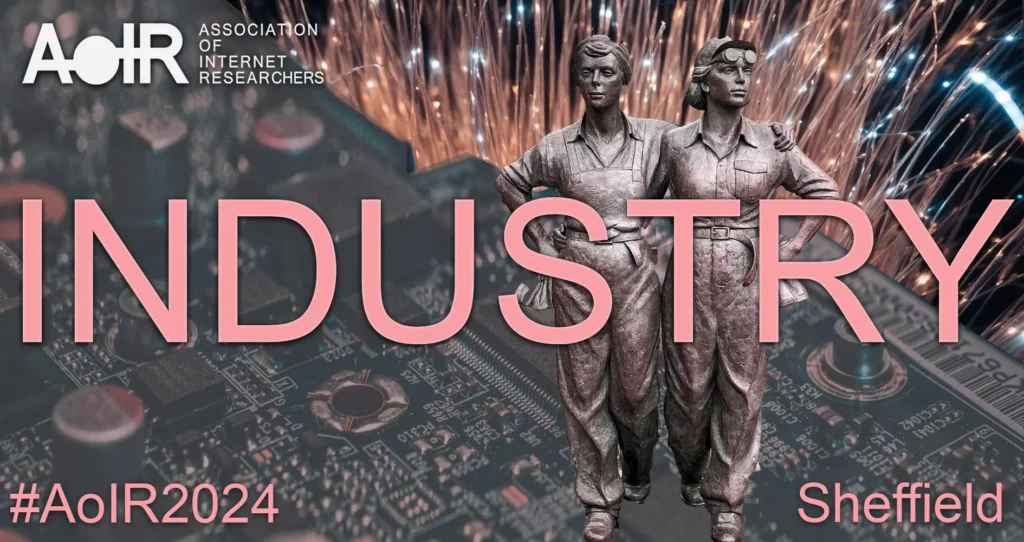
Several members of King College London’s Department of Digital Humanities and Centre for Digital Culture are presenting at the Association of Internet Researchers AoIR 2024 conference over the coming days. If you’re there you can see:
- Connecting with Sports Fans: Gambling Marketing Strategies on Instagram with Tugce Bidav, Erin McEvoy, Aphra Kerr, Paul Kitchin – 11am, Thursday 31st October
- The Unfriending Performance: The Logic of Disconnective Action in Crises with Gregory Asmolov, Olga Logunova – 1.30pm, Thursday 31st October
- Ambivalent Affective Labour, Datafication of Qing and Danmei Writers in the Cultural Industry with Liang Ge – 1.30pm, Thursday 31st October
- Fairness in the Work Behind the AI Industry: How Action-Research Approaches Can Build Better Labour Conditions with Jonas Chagas Lucio Valente, Funda Ustek Spilda, Oguz Alyanak, Lola Brittain, Mark Graham – 3.30pm, Thursday 31st October
- Global South Creator Cultures with Tugce Bidav, Smith Mehta, Arturo Arriagada, Wangari Njathi, Wilson Karis, Cecilia Ka Hei Wong, Suren Nora, Kaye Bondy – 3.30pm, Thursday 31st October
- ‘We are all in this psyop together’: Psyop realism as vernacular media critique with Daniel de Zeeuw, Peter Knight, Clare Birchall – 9am, Friday 1st November
- Connective coding: on the platformisation and deplatformisation of software development with Liliana Bounegru, Jonathan Gray – 3.30pm, Friday 1st November
- The Role of the Drama Interpretation Industry in the Transnational Reception of Korean TV Series in China with Hui Lin – 3.30pm, Friday 1st November
- Super SDKs: Tracking personal data and platform monopolies in the mobile with Jennifer Pybus, Mark Coté – 11am, Saturday 2nd November
- Defining Digital Rights in the Global South: Mapping Regional Diversity and Power Relations Across the NGO Industry with Peter Chonka, Ashwin Mathew, Elisa Oreglia, Zala Pochat Krizaj – 11am, Saturday 2nd November

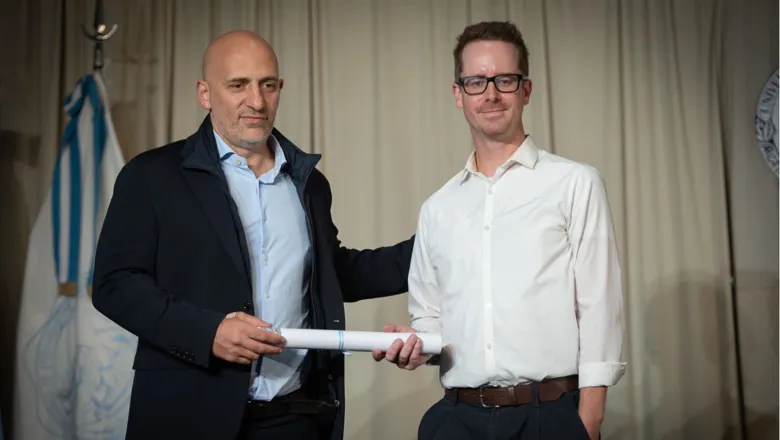 Left to right: Emiliano Yacobitti, Vice-Rector of the University of Buenos Aires, and Dr Nick Srnicek, Senior Lecturer in Digital Economy at King’s College London. Photo credit: Guillermo Llamos
Left to right: Emiliano Yacobitti, Vice-Rector of the University of Buenos Aires, and Dr Nick Srnicek, Senior Lecturer in Digital Economy at King’s College London. Photo credit: Guillermo Llamos
